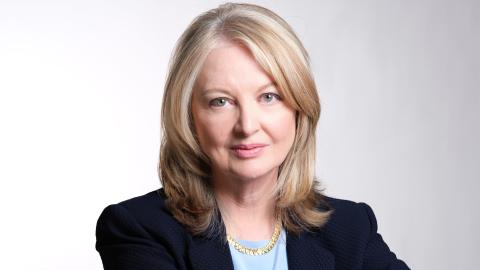In his thought-provoking piece on the homepage today, Bishop Nazir-Ali makes some useful refinements to the points raised by British prime minister David Cameron in his recent speech on multiculturalism. Not all are pertinent to the United States where, for example, Christianity is not the countrys established religion but some are, such as the importance of distinguishing moderate Muslims from extremists. Nazir-Ali explains: By moderate Muslims we do not mean those who are lukewarm in the practice of their faith, but those who interpret it to enable peaceful coexistence and respect for fundamental freedoms.
Many U.S. policymakers have argued that Egypts Muslim Brotherhood is a moderate Islamic group. While in recent times Egypts Muslim Brotherhood has eschewed violent tactics and supported elections, the writings of its leaders (see here) have long promoted a governing vision that is radical. Even current writings aimed at winning American support during this pivotal time are hardly reassuring. Abdel Moneim Abou el-Fotouh, a prominent and long-term member of the Egyptian Muslim Brotherhoods Guidance Council, recently argued in a Washington Post op-ed that the Muslim Brotherhood is an exemplar of moderation because it has adopted nonviolent tactics. He also reaffirmed support for Islamic law in Egypt and waxed euphoric about its virtues: Sharia is a means whereby justice is implemented, life is nurtured, the common welfare is provided for, and liberty and property is safeguarded. This utopic portrayal neglects to mention individual freedoms of expression and religion, or equal rights under the law for religious minorities these omissions should raise a red flag.
American policymakers should not support or promote Egypts various political movements and parties until they have ascertained that Bishop Nazir-Alis moderation litmus test is met. Without the unqualified embrace of fundamental freedoms concerning religion and expression, no constitution can be considered democratic, nor any political party moderate.















